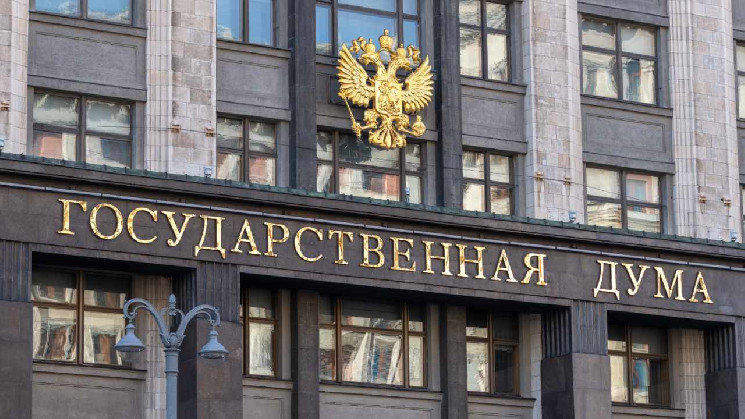Russia’s new cryptocurrency tax law marks a significant shift in digital currency regulations, with key provisions exempting mining from VAT and mandating detailed reporting.
Russia’s Cryptocurrency Tax Law: What You Need to Know
The Federation Council, Russia’s upper house of parliament, recently approved a government-backed bill that outlines the taxation framework for digital currencies. This legislation, which was also passed by the State Duma, classifies digital currencies as property under the Russian Internal Revenue Code. This move exempts digital currency mining and sales transactions from value-added tax (VAT), providing relief for industry participants. Additionally, services offered by authorized organizations facilitating transactions within experimental legal regimes will be tax-exempt.
One notable requirement of the new law is that mining infrastructure operators must report data on individuals using their systems to tax authorities. Revenue generated from digital currency mining will be considered taxable income, serving as the basis for personal income tax. Businesses involved in mining activities will be subject to the standard corporate income tax rate, as stated by Danil Volkov, head of the Russian Finance Ministry’s department.
In order for a bill to become law in Russia, it must undergo multiple readings in the State Duma, receive approval from the Federation Council, and be signed by the president. With President Vladimir Putin’s expected endorsement, this legislation will establish a comprehensive taxation framework for digital currencies in the country.
The new law is part of Russia’s broader efforts to regulate the cryptocurrency market, aligning with global trends of increased scrutiny. Mining revenue will be taxed based on asset values on international exchanges, while personal income tax rates for digital currencies will remain at 13% for most earners, rising to 15% for those with annual incomes exceeding 2.4 million rubles starting in 2025. These measures are designed to promote transparency, legal clarity, and support national economic objectives, fostering sustainable growth in the sector while contributing to public revenue.

